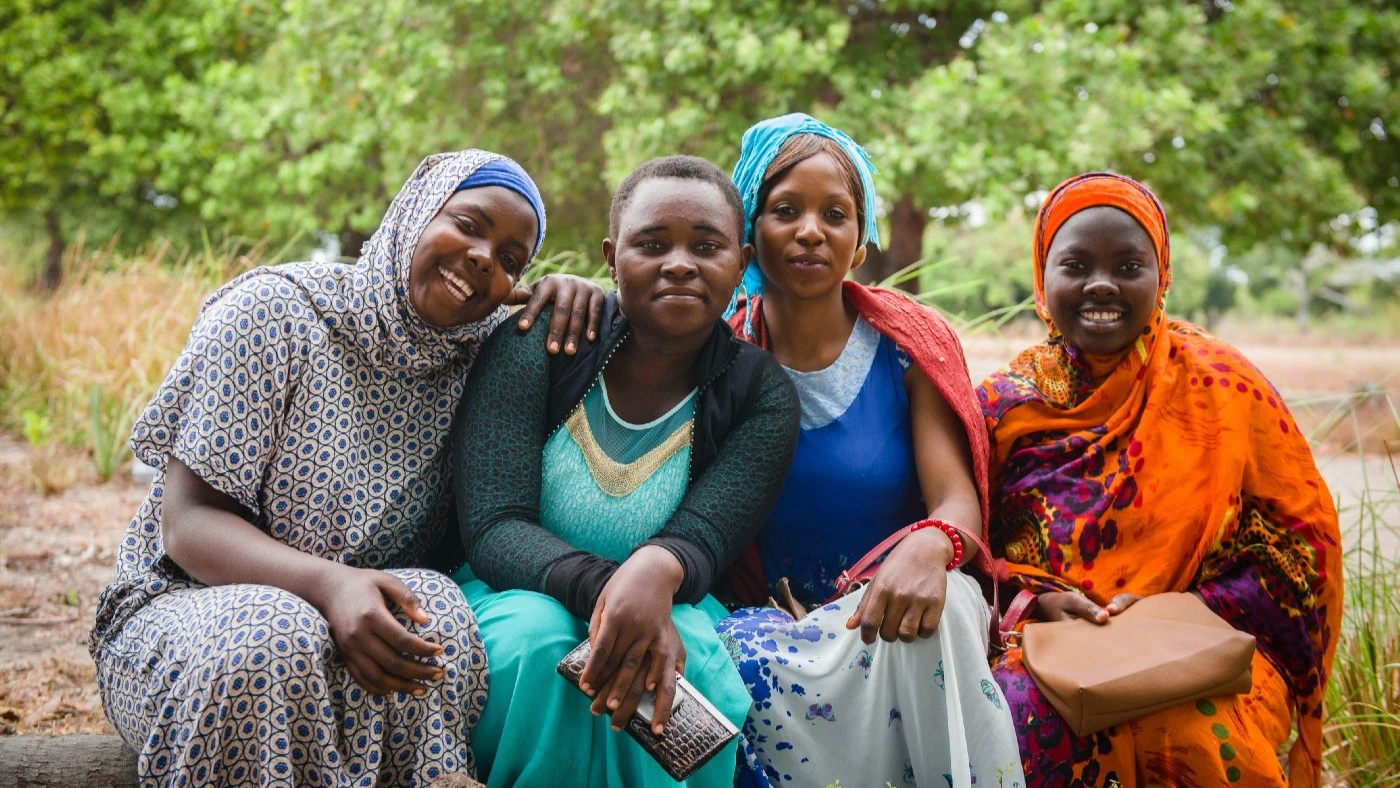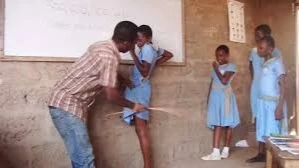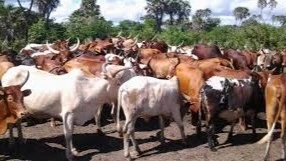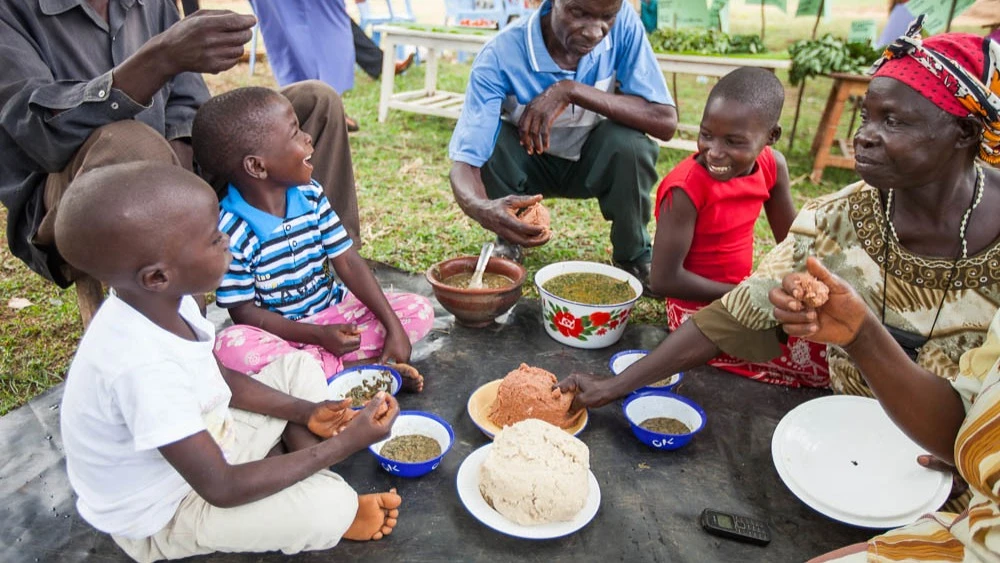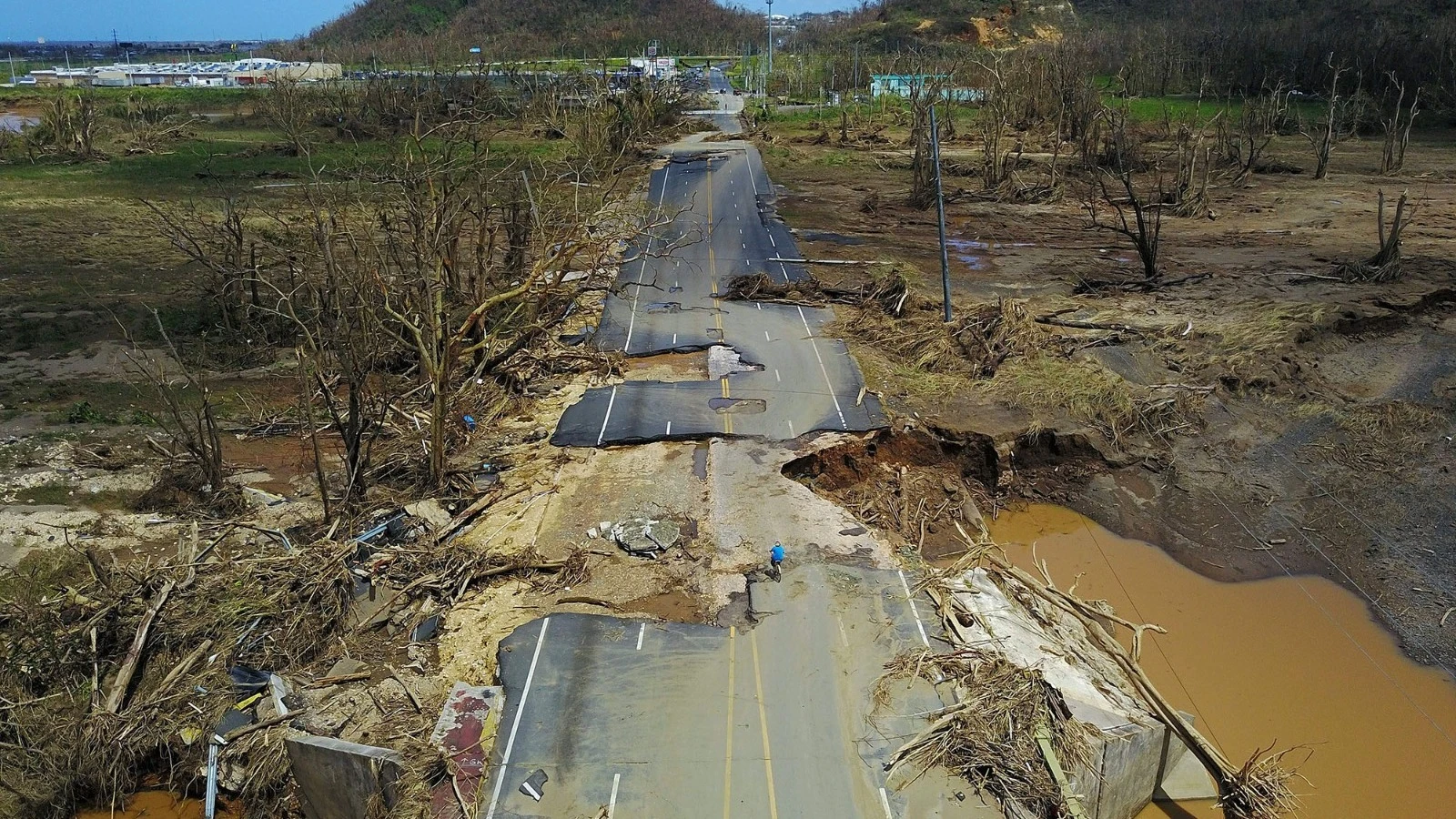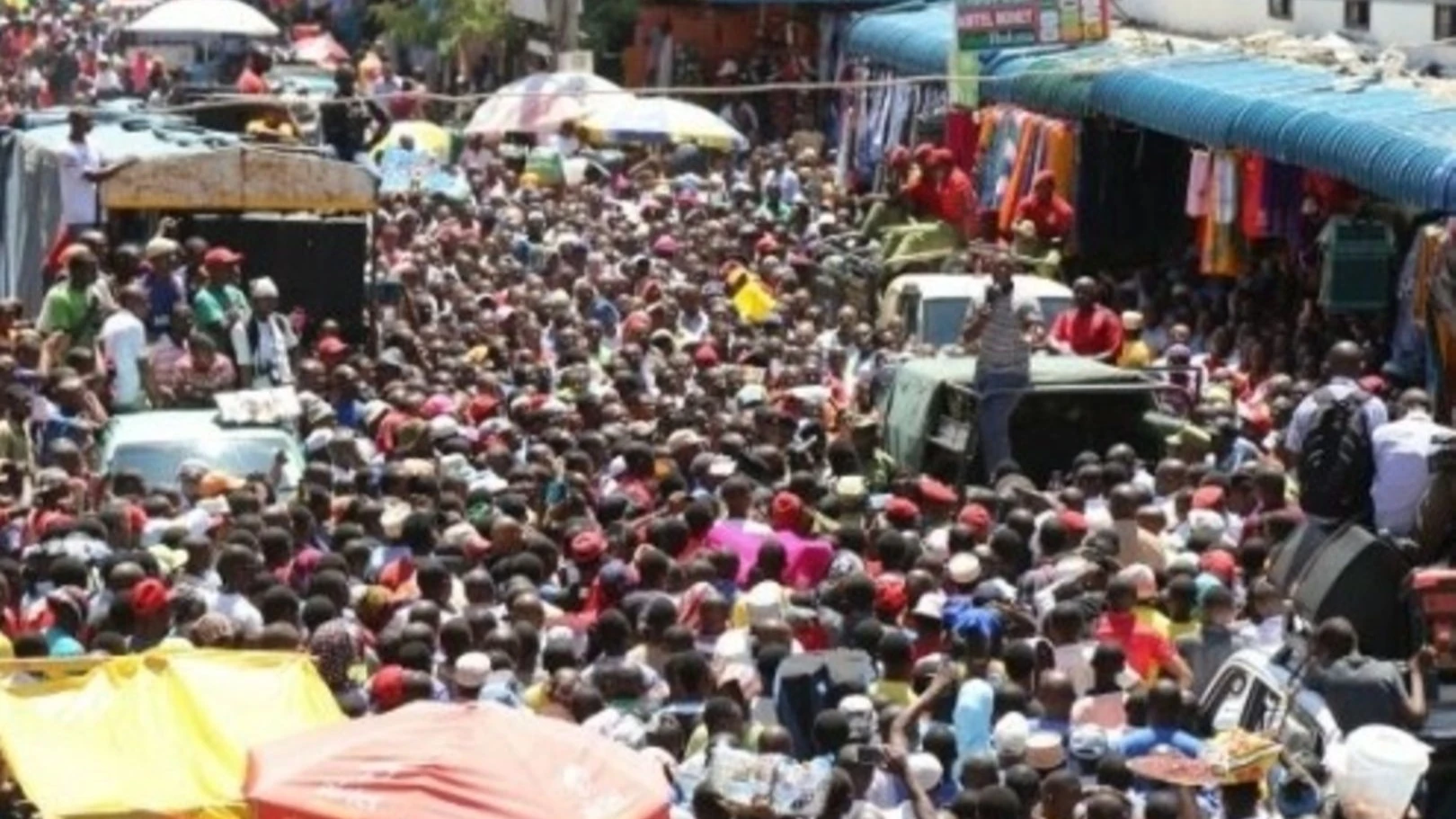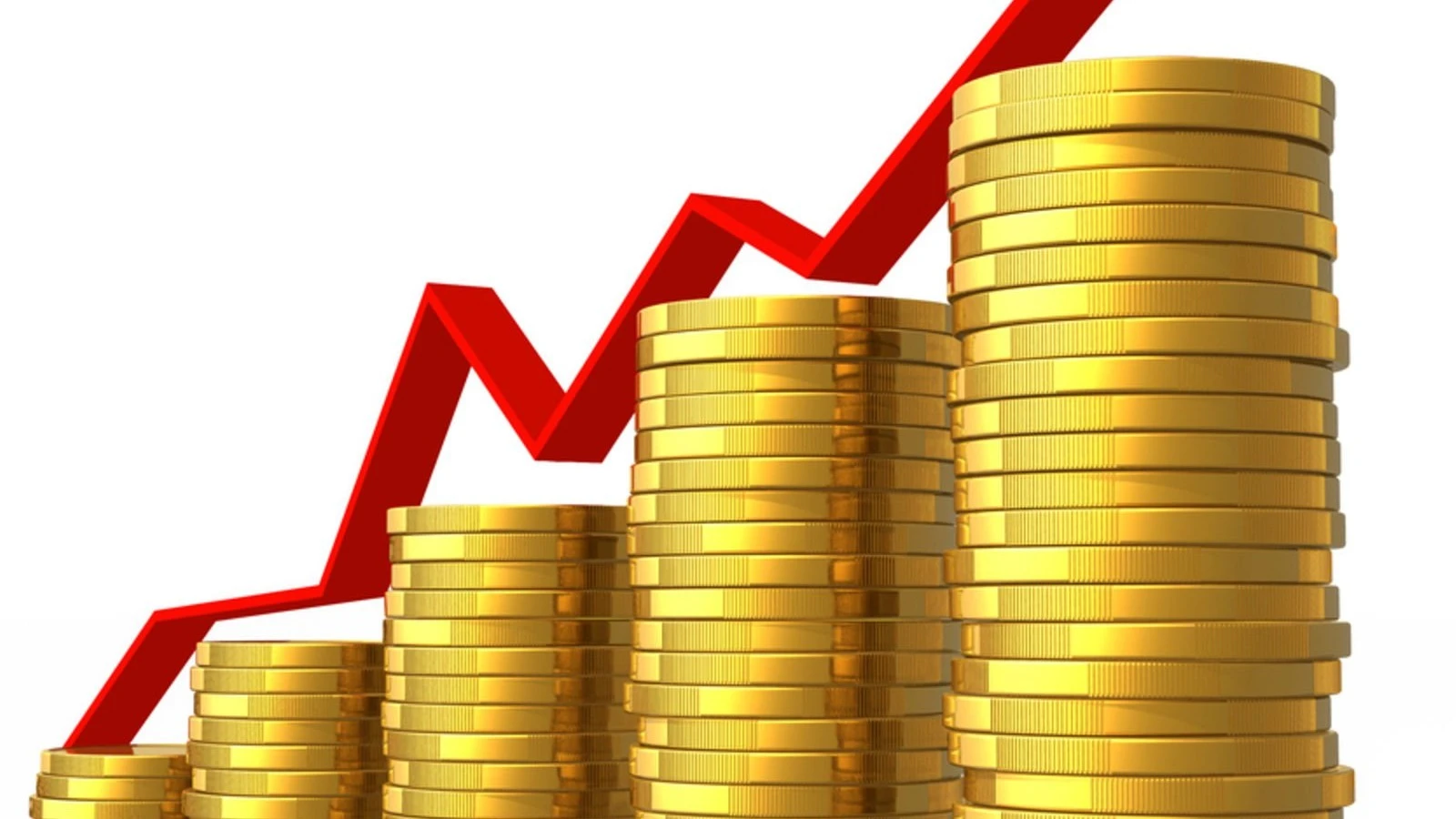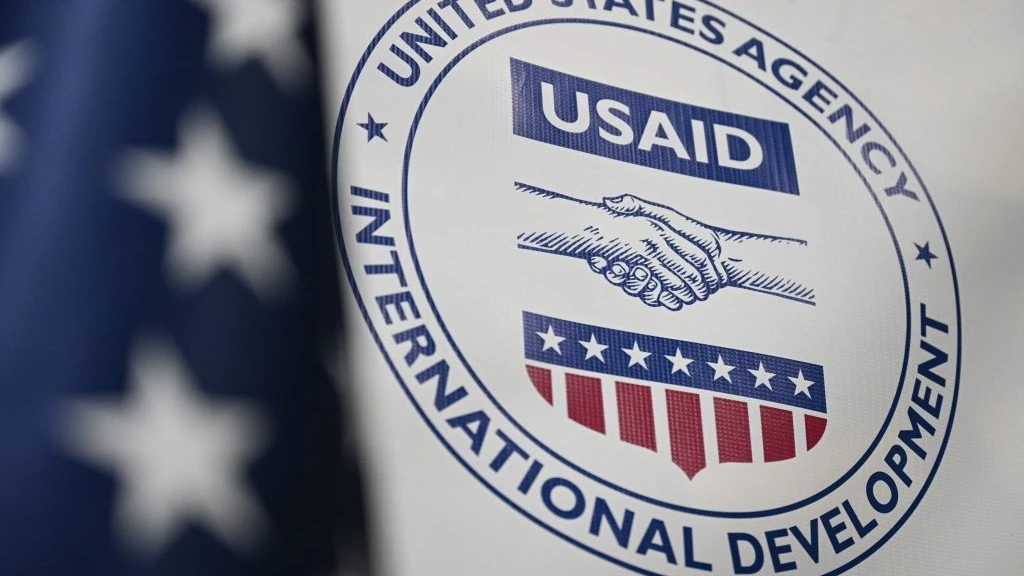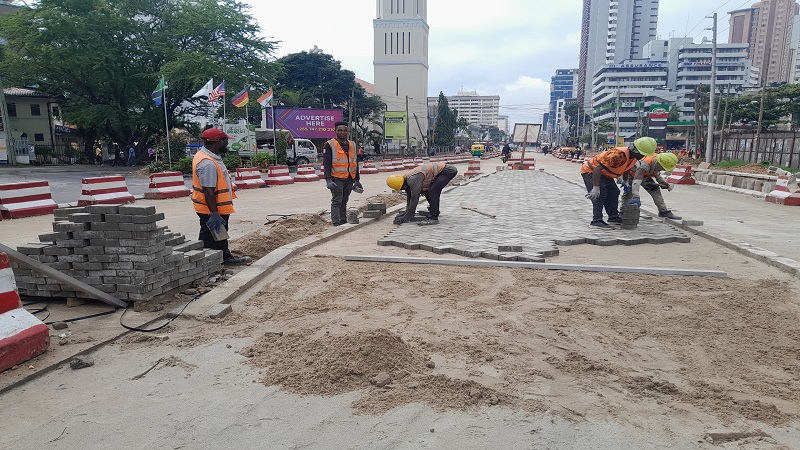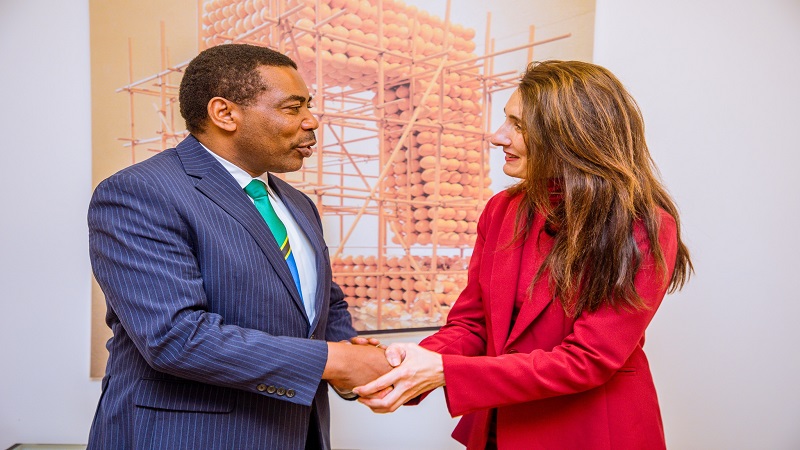Investing in women vital towards ensuring resilience against climate crisis
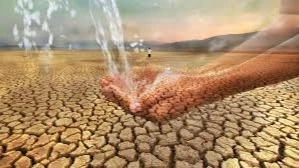
THE impact of climate change on women is not a theoretical issue—it demands immediate financial investments in adaptation, mitigation, and sustainable livelihoods.
Maria Matui, Coordinator of Women Action Towards Economic Development (WATED), speaks to this urgency through a decade-long journey of advocacy and transformation.
The organization marked the International Women’s Day last month focusing on its evolution: Matui told The Guardian that “From the start, we knew that true economic justice meant placing women at the center—whether in decision-making, land ownership, or climate action. Our priority was land rights for women. We began in Morogoro Rural and Lindi Region, working to raise awareness om women’s rights to own and inherit land.
By-laws were formed and women’s groups were established to ensure grassroots movement continues even after the project ended. The organization’s research realized that land rights were not just about ownership—they were tied to gender-based violence, women’s leadership, and economic independence.
According to Matui, WATED partnered with paralegals to ensure that women facing legal challenges received the necessary assistance and referrals.
“To date, we continue working with paralegals in Morogoro and Lindi Regions, linking climate justice with agriculture and mining to empower women economically,” she said, adding: “Our journey has been shaped by the unwavering support of local and international allies who have walked this path with us, reinforcing our collective mission for gender justice and economic empowerment”.
Matui acknowledges mentors who have inspired her, including Madam Joaquine Demello, Mama Mary Stella Longway, Mama Lyamuya, and the Tanzania Women Lawyers Association (TAWLA). She also credits Anna Kulaya of WiLDAF and Dr. Monica Muhoja for their guidance.
“My academic journey, too, laid the foundation for this work,” she says. “It taught me discipline, resilience, and the courage to keep pushing for justice.”
While Tanzania has made strides—mainstreaming gender into national climate policies and creating inclusive frameworks like the Tanzania Development Vision 2050—significant gaps remain.
Women and girls continue to face limited access to financial resources, culturally embedded gender roles, and low representation in decision-making processes. “One of the biggest hurdles is access to climate financing,” Matui explains. “Despite international and national commitments, women-led initiatives remain underfunded.”
From policy to practice
For policies to be truly gender-responsive, financing must follow. Grassroots women and feminist organizations must not only be heard but also actively involved in shaping the solutions that affect their lives.
Tanzania has introduced clean energy programs and engaged in carbon trading and blue economy strategies. But unless these policies are grounded in equity and supported with real funding, their impact will be limited.
As the world celebrates the 30th anniversary of the Beijing Platform for Action, its 12 critical areas—poverty, education, health, violence, economic opportunity, decision-making, human rights, media, environmental issues, and the rights of the girl child—remain as urgent as ever.
Despite increased awareness and policy reform, systemic inequality persists. Gender-based violence is still rampant, and climate change continues to deepen existing vulnerabilities.
A call for feminist climate action
True gender justice cannot be realized through policy alone. It must also include mental health support, emotional resilience, and access to quality healthcare. Matui emphasizes that economic empowerment and climate resilience must go hand in hand with the wellness and dignity of women and girls.
“Feminist climate action must prioritize not just participation—but leadership,” she asserts. “The future demands that women are at the forefront of climate resilience, peace-building, and economic justice.”
Strengthening partnerships between governments, civil society, and grassroots movements is essential to building a sustainable and equitable future where women and girls are not only heard but lead in shaping solutions for climate resilience, social justice, and conflict prevention. The time for action is now—together, we can build a more just, peaceful, and sustainable world for all.
Top Headlines
© 2025 IPPMEDIA.COM. ALL RIGHTS RESERVED












